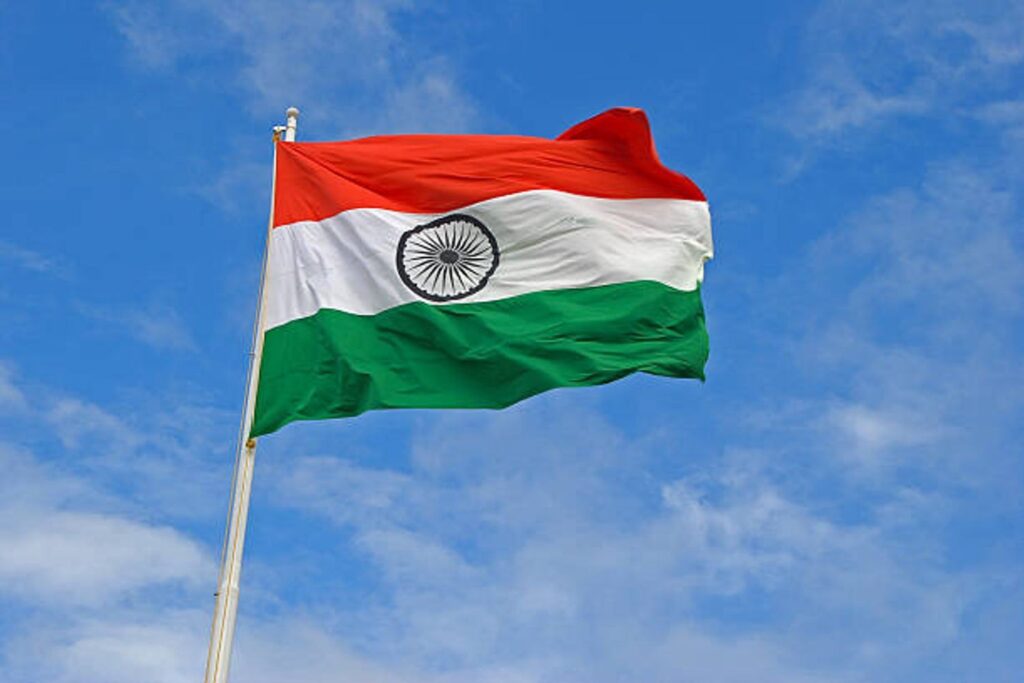Date: 18 August 2025
Punjab, the agricultural powerhouse of India, is stepping into a new technological era with the rise of its punjab Drone Didis.Women across rural belts of the state are now being trained and empowered to operate agricultural drones, breaking gender stereotypes while revolutionizing farming practices. This transformative initiative, driven by the Union Government’s Namo Drone Didi Scheme, aims to integrate modern agri-tech into grassroots farming while promoting rural women’s economic independence.

Breaking Stereotypes: From Fields to Flight
Traditionally, Punjab’s farmlands have been dominated by men—whether in sowing, spraying, or harvesting. But now, women are not just assisting in agriculture; they are flying drones to monitor crops, spray pesticides, and ensure precision farming.
“I never thought I could operate such advanced machines,” said Harpreet Kaur, a farmer from Moga, who recently completed her drone pilot training. “Earlier, our work was backbreaking—carrying spray pumps on our shoulders. Now, one drone can cover acres of land in minutes. This is empowerment in the true sense.”
The Namo Drone Didi Scheme
Launched in 2023, the Namo Drone Didi Yojana seeks to train 15,000 women Self Help Group (SHG) members across India as drone operators. The focus is on giving rural women access to technology, skill development, and entrepreneurial opportunities.
Each trained “Drone Didi” is provided with financial assistance and access to modern drones.
Training includes technical operations, safety guidelines, and maintenance.
Women can earn by providing paid spraying services to farmers in their villages and nearby areas.
In Punjab, where farming faces challenges like declining soil fertility, pest infestations, and water scarcity, drones are emerging as a game-changer.
Why Drones Matter for Agriculture
Agricultural drones offer several advantages over traditional methods:
Precision Farming – Drones can spray fertilizers and pesticides with exact measurements, reducing wastage and costs.
Water Efficiency – Targeted spraying ensures less water use, crucial in Punjab where groundwater levels are falling rapidly.
Speed and Coverage – A drone can cover 10–15 acres in just 15 minutes, compared to manual spraying that takes hours.
Health Benefits – Farmers, especially women, no longer need to carry heavy chemical sprays on their backs.
Data Insights – Some advanced drones come with cameras and sensors to detect crop health, pest attacks, and soil conditions.
Women Empowerment Through Agri-Tech
The social impact of the Drone Didi initiative goes beyond agriculture. In rural Punjab, where women often have limited economic opportunities, becoming drone operators opens new doors:
Financial Independence: Trained women can earn ₹1,000–₹1,500 per acre by providing drone spraying services.
Entrepreneurship: Groups of women are forming micro-enterprises around drone services.
Leadership: Women are becoming decision-makers in farming operations, inspiring younger girls in villages.
Breaking Gender Norms: The sight of women flying drones in open fields is changing community perceptions about what rural women can achieve.
Rajinder Kaur, a newly trained Drone Didi from Bathinda, proudly said:
“People used to say women can only manage homes. Now, they see us managing technology. This is just the beginning.”
Punjab Drone Didis/Punjab Drone Didis/Punjab Drone Didis/Punjab Drone Didis/Punjab Drone Didis/Punjab Drone Didis
Punjab Government’s Push
Punjab’s agriculture department, in coordination with the central scheme, is rolling out dedicated training centers for women. Agricultural universities like PAU Ludhiana have also stepped in to provide technical expertise.
Over 1,200 women have already been trained in Punjab under the scheme.
District-level training camps are being organized in Ludhiana, Patiala, Moga, Bathinda, and Ferozepur.
Subsidies and easy loan facilities are being provided to SHGs to procure drones.
Punjab Agriculture Minister recently stated:
“Punjab’s women are no longer just ‘farmers’—they are now drone pilots, entrepreneurs, and change-makers. This technology will reduce input costs, improve productivity, and give women a dignified livelihood.”
Challenges on the Ground
While the initiative is promising, several challenges remain:
High Cost of Drones – Despite subsidies, advanced drones cost between ₹3–5 lakh, making them unaffordable for individual women farmers without SHG support.
Technical Maintenance – Villages lack drone repair facilities, leading to downtime if machines malfunction.
Awareness Gap – Many farmers still prefer traditional methods, hesitant to adopt drones.
Policy Hurdles – Drone operations require government permissions and adherence to DGCA guidelines.
Experts suggest that for long-term success, the scheme must combine technology with financial literacy, cooperative models, and rural entrepreneurship training.
The Larger Picture: India’s Agri-Tech Revolution
The Drone Didi program in Punjab is part of India’s broader vision of “Smart Agriculture.” By integrating digital tools, sensors, and drones, the government aims to make farming more sustainable and profitable.
According to an NITI Aayog report, India’s agri-drone market could grow to $121 million by 2030, with Punjab expected to be a key contributor.
Moreover, empowering women through such schemes aligns with the “Women-Led Development” vision under G20 commitments, where India pledged to boost rural women’s participation in tech-driven industries.
Rural Voices of Change
In villages across Punjab, the Drone Didi initiative is sparking hope. In a society where daughters are often told to stay indoors, women are now stepping into open fields with flying machines.
14-year-old Simran, daughter of a Drone Didi, said:
“When I see my mother flying a drone, I feel I can also become an engineer one day. She is my role model now.”
These stories highlight that the program is not just about farming—it’s about inspiring the next generation.
Conclusion
The rise of Punjab’s “Drone Didis” marks a historic chapter in the state’s agricultural and social journey. The effort is addressing two issues simultaneously—modernizing farming and empowering rural women—by fusing empowerment with technology.
While hurdles remain, the progress so far shows that with the right support, women in Punjab can lead India’s agri-tech revolution. As drones buzz over mustard, wheat, and paddy fields, they carry more than just pesticides—they carry the dreams of thousands of rural women ready to soar.
Punjab’s Drone Didis are not just flying machines; they are flying towards equality, innovation, and a future where women farmers become pioneers of change.
Punjab ‘Drone Didis’ Take Flight, Enter New Era of Agri-Tech Empowerment – Hindustan Times
Read more Punjab news on SBKI News


